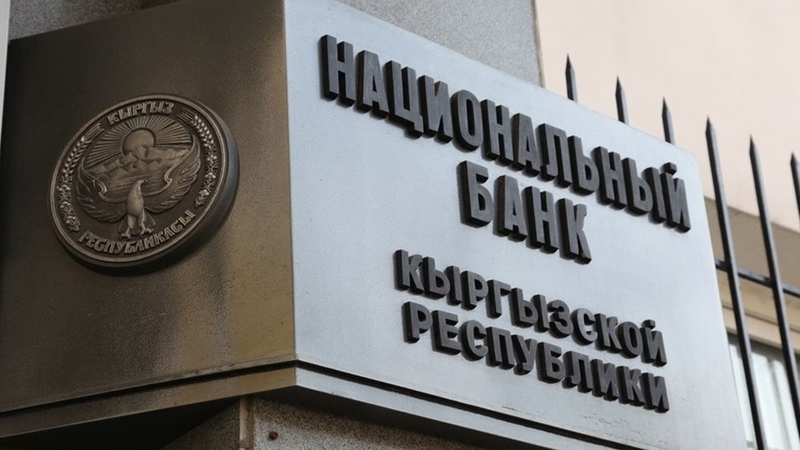The National Bank of Kyrgyzstan is taking a significant step towards the digitization of its economy by proposing amendments to its constitutional law that would integrate the digital som as a legal tender. On August 8, 2024, the central bank initiated public discussions on these amendments, which aim to incorporate the digital som into the nation's financial system through a specialized software system overseen by the bank.

This move reflects a growing trend towards digital currencies worldwide, with Kyrgyzstan seeking to modernize its financial infrastructure. The proposed amendments detail a system that includes "digital accounts" and "digital wallets," which will be integral to the digital som’s operation. Digital accounts are specialized accounts managed by the platform operator, while digital wallets will be available to individual users, enabling them to conduct transactions. These wallets can be accessed through applications provided by banks and other financial institutions that are part of the platform.
One of the key features of the digital som platform is its support for both online and offline transactions. This is particularly important in regions with limited internet access, as it allows users to make transfers even when they are not connected to the internet. Transactions made offline would be recorded on the user's device and later synchronized with the platform once a connection is re-established. This feature ensures that the digital som can be used seamlessly across the country, regardless of connectivity issues.
Governance of the digital som will be tightly controlled by the central bank, which will oversee the issuance and accounting of the digital currency. The central bank will also be responsible for ensuring the platform's security, including managing data encryption and authentication mechanisms. This centralized control is designed to maintain the integrity and security of the digital currency, ensuring that it operates smoothly within Kyrgyzstan's financial system.
The proposed legal framework does not explicitly mention the use of blockchain or distributed ledger technology, although it does reference the use of "smart contracts." This omission leaves some uncertainty about the technical underpinnings of the digital som platform, but it suggests that the central bank may be taking a cautious approach, possibly to avoid the complexities and potential risks associated with decentralized technologies.
Public feedback on these proposed amendments will be crucial in shaping the final version of the law. Comments and suggestions from various stakeholders, including financial institutions, businesses, and citizens, will be collected and considered by the central bank before any final decisions are made.
The central bank plans to have the digital som fully integrated into Kyrgyzstan's financial ecosystem by January 2027. This timeline provides ample opportunity for the necessary infrastructure to be developed and tested, ensuring that the digital currency can be rolled out smoothly and efficiently.
By embracing digital currency, Kyrgyzstan is positioning itself at the forefront of financial innovation in Central Asia. The digital som is expected to provide a more efficient and secure means of conducting transactions, potentially boosting economic activity and financial inclusion across the country. As the world moves towards a more digital future, Kyrgyzstan's proactive approach to integrating digital currency into its financial system could serve as a model for other nations considering similar initiatives.

